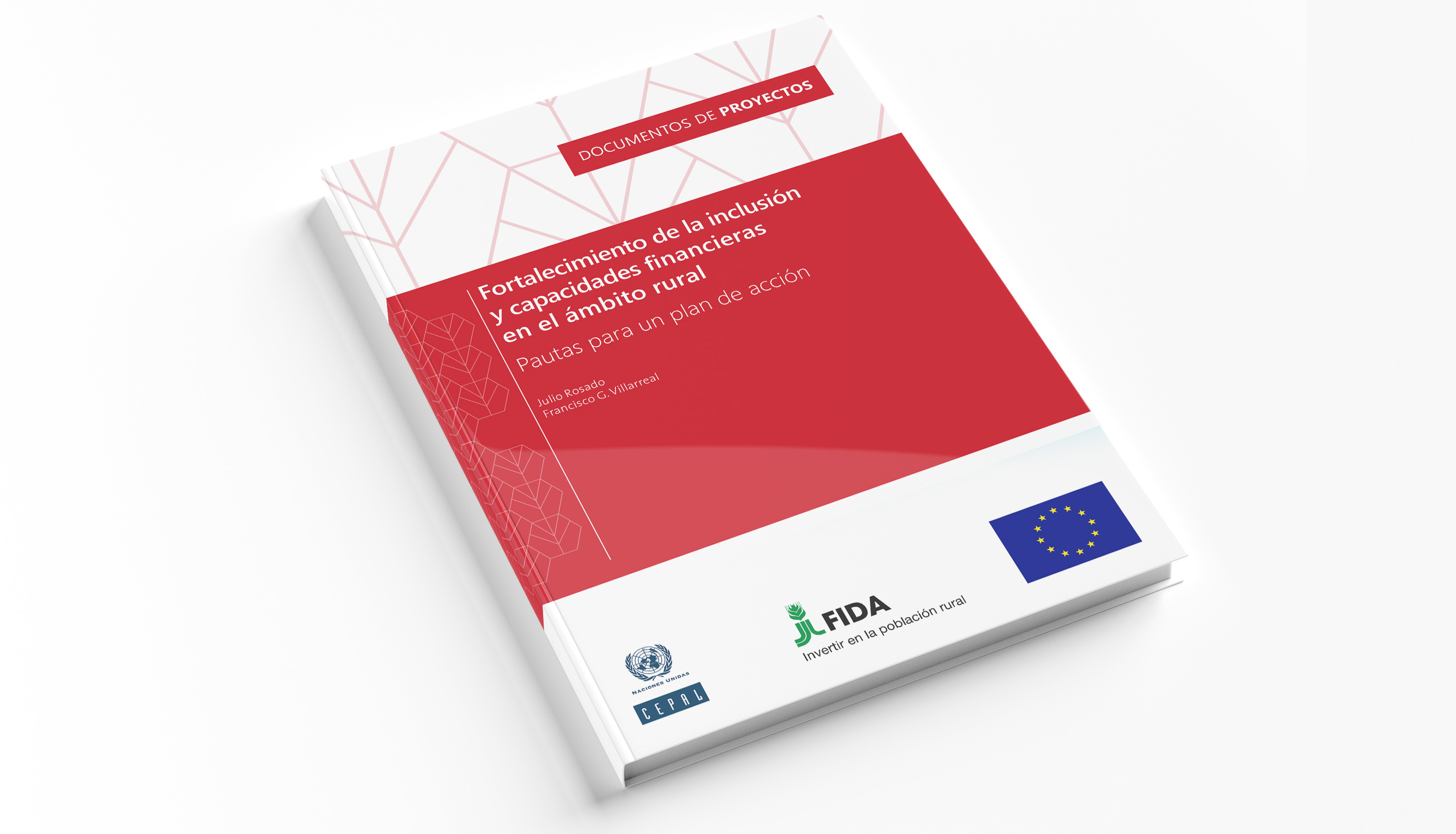Public Policies Are Key to the Financial Inclusion of Rural Areas in the Region
A new publication edited by ECLAC-Mexico stresses the need for policies that foster a structural change in activities in the rural setting.

The Economic Commission for Latin America and the Caribbean (ECLAC), in collaboration with the International Fund for Agricultural Development (IFAD) and the financial support of the European Union, has contributed to the analysis and development of strategies and policies to diversify the economic activities carried out by rural households in situations of poverty. A key component of these efforts has been the analysis of rural value chains.
According to the document Strengthening Financial Inclusion and Capacities in Rural Areas: Guidelines for a Plan of Action (in Spanish only), edited by ECLAC’s Subregional Headquarters in Mexico, rural activities play a fundamental role in achieving sustainable development – with less poverty and a view to guaranteeing food security – incorporating greater value added into rural activities and responding to the patterns of global food consumption that are being foreseen.
In light of this, ECLAC suggests an inclusive rural transformation that increases the productivity of primary activities and boosts capacity to produce marketable surpluses as well as access to markets, while also diversifying production activities and people’s livelihoods, the study indicates.
This requires that the State implement policies focused on strengthening production activities in rural areas, with the aim of achieving a structural change through the transformation of manufacturing and services, and the integration and complementarity of activities and markets with sectors that are more dynamic and more knowledge intensive, the report adds.
To achieve this, financial inclusion and capacities must be fostered in rural areas, where production chains, migration and remittances can be ever present; and where there must be recognition of the particularities regarding institutions, development and the use of capital for each specific case and context.
This document by ECLAC indicates that initiatives for financial inclusion promote the creation of more stable economic environments and financial systems, mobilizing national resources through national savings and helping to increase household income as well as government revenue. In addition, they serve as a support to overall economic growth and to achieving the 2030 Agenda’s Sustainable Development Goals (SDGs).
“Sustainable development and poverty elimination need each other and are interrelated. National economies depend more than ever on a balanced process of rural and urban development,” the publication emphasizes.
Related content
Subregional headquarter(s) and office(s)
Type
Country(ies)
- Latin America
-
Mexico
Related link(s)
Contact
ECLAC Subregional Headquarters in Mexico, Mexico, D.F.
- registromexico@cepal.org
- (52 55) 4170.5600